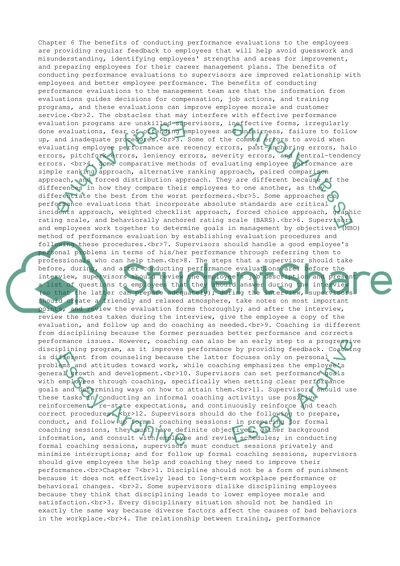Supervison in the hospitality industry review questions Book Report/ - 3. Retrieved from https://studentshare.org/management/1666536-supervison-in-the-hospitality-industry-review-questions
Supervison in the Hospitality Industry Review Questions Book Report/ - 3. https://studentshare.org/management/1666536-supervison-in-the-hospitality-industry-review-questions.


